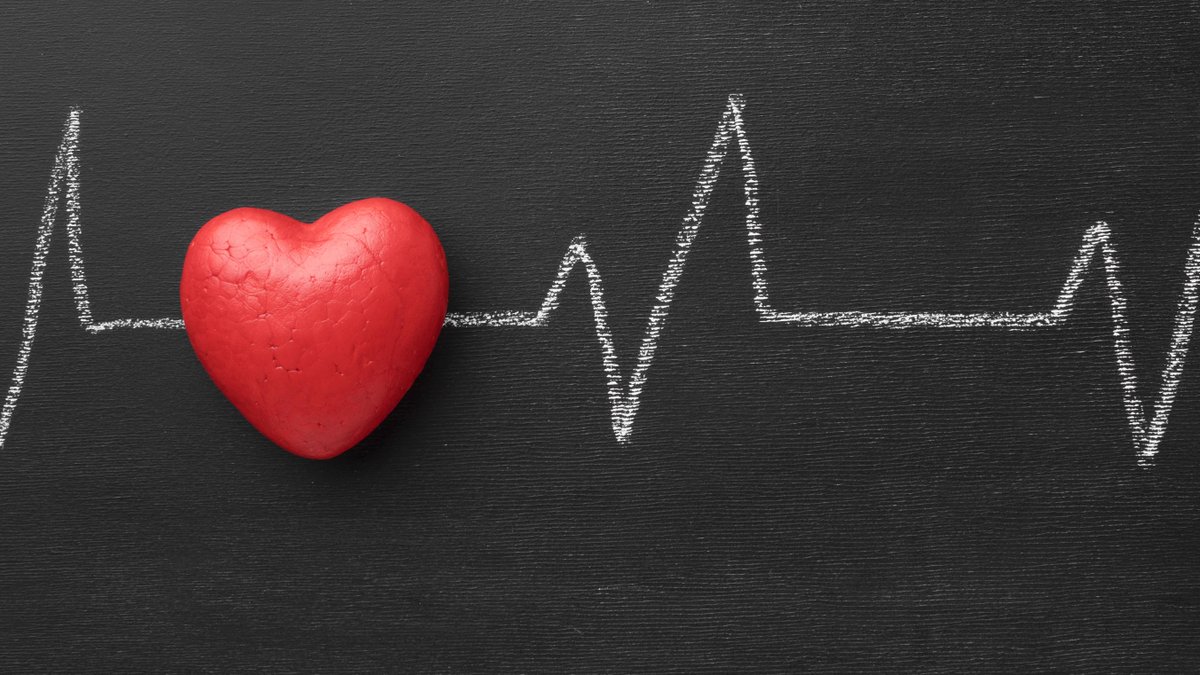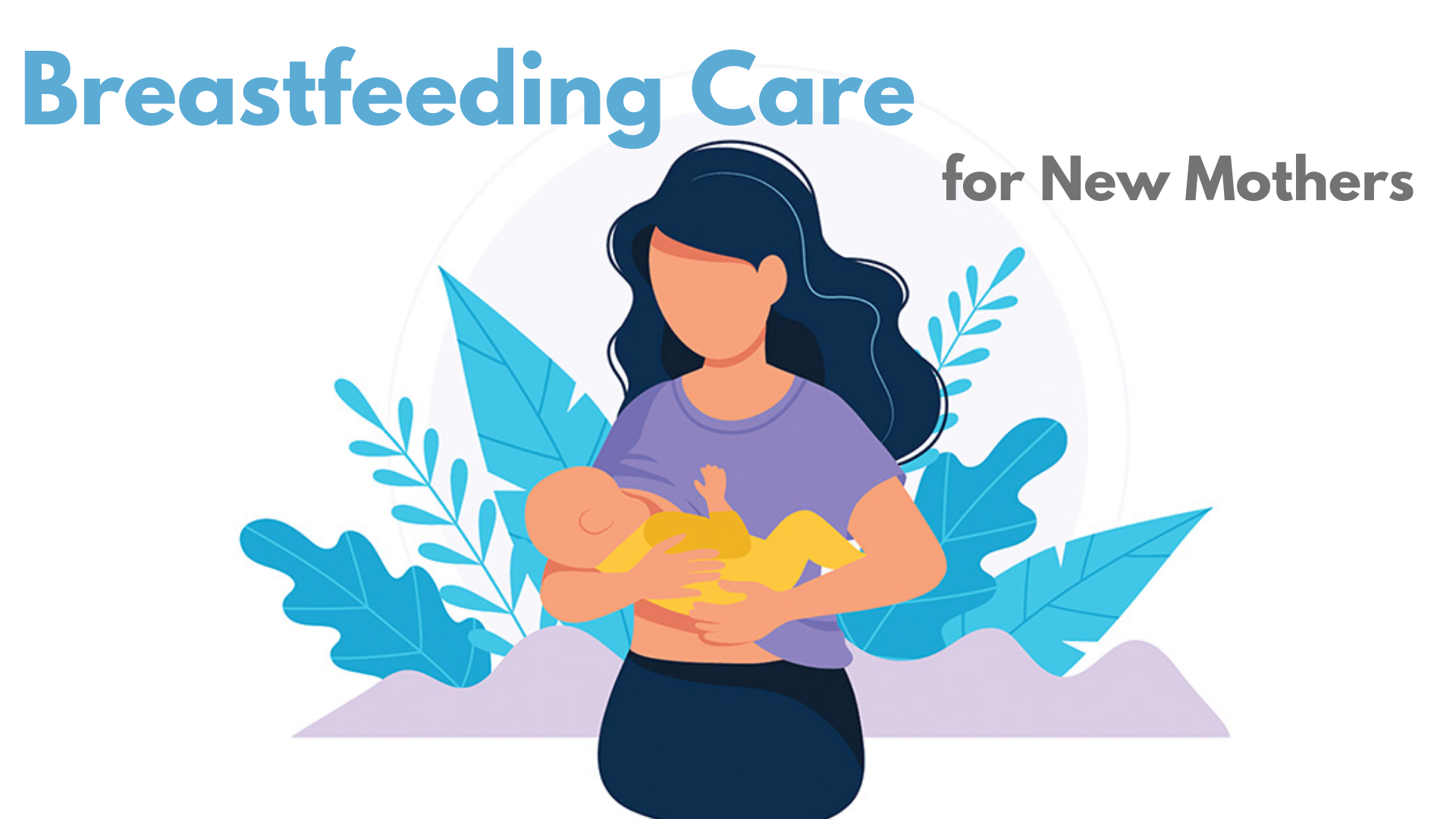What does your heart rate tell you?
Heart Health | August 31st | By Ph Then Ru Luen, RPh

What is a normal heart rate?
When we talk about your heart rate, we are actually referring to your resting heart rate, meaning when you are not exercising.
The normal resting heart rate for older children and adults (aged 10 and above) is 60 – 100 beats per minute (bpm). For well-trained athletes, their heart rate can average 40 – 60 bpm.
When your heart rate is irregular
Also known as arrhythmia, meaning your heart is out of its normal rhythm. Arrhythmias can be an emergency or completely harmless. It could happen because you have:
- Heart disease
- Imbalance of electrolytes (such as sodium or potassium) in your blood
- Injury from a heart attack
When your heart beats too fast

Also known as tachycardia, is when your heart beats very fast for a reason other than exercise, high fever or stress. During an episode of tachycardia, the heart beats at least 100 bpm and may reach 300 bpm. The condition becomes a problem when it happens often, lasts too long, or causes symptoms such as dizziness, shortness of breath or chest pain.
When your heart beats too slow

Also known as bradycardia, is when your resting heart beats very slowly, usually less than 60 bpm. Some symptoms include dizziness, shortness of breath or chest pain. Bradycardia can be caused by changes in the heart because of ageing or heart diseases.
A healthy heart rate

To maintain a healthy heart rate, it is important to:
- Exercise
- Not smoking
- Healthy diet, foods or supplement containing omega-3 fats, CoQ10, magnesium
- Relax yourself
RELATED POSTS
The Best Place To Buy Your Supplements Online, According to a Dietitian
Read Article
-04.webp)







